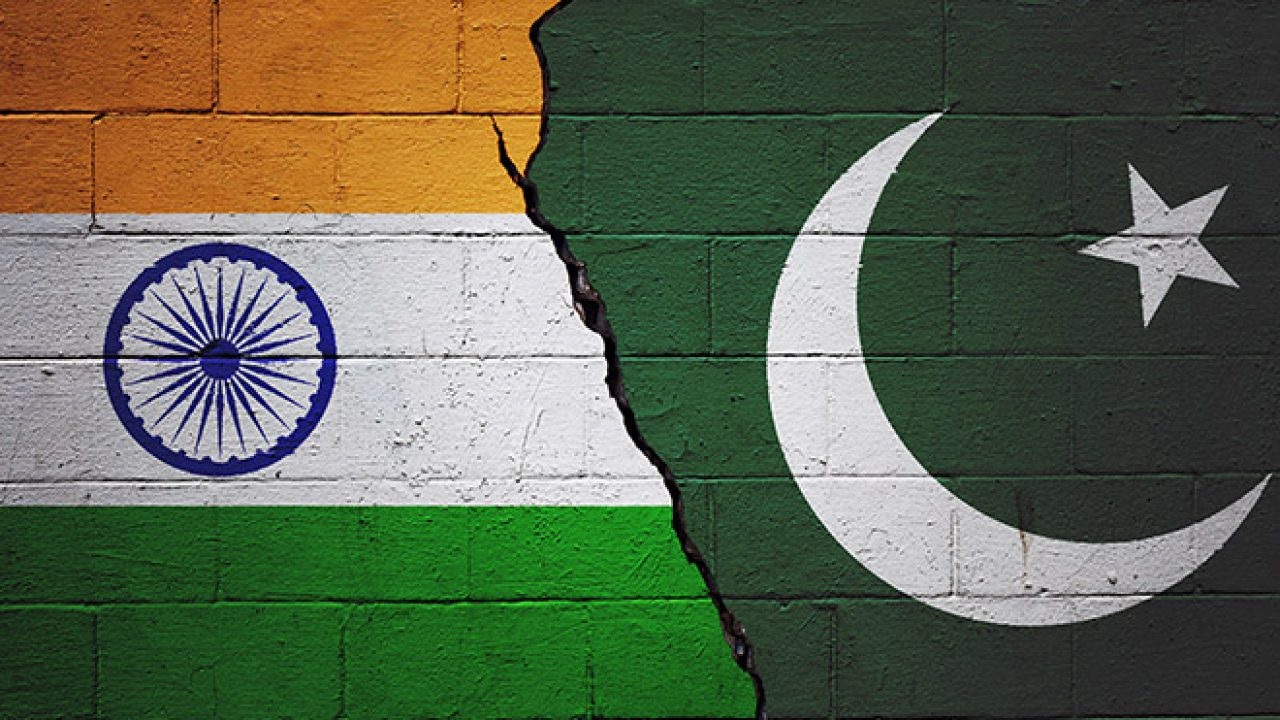If India refuses to agree to a joint investigation into the missile mishap that may have sparked an accidental war between the two nuclear-armed neighbours, Pakistan is considering its alternative options.
When asked if India has answered Pakistan’s demand, a senior Pakistani official said on Monday, “We are still waiting for the Indian response.”
An Indian missile was accidentally fired into Pakistan. Pakistani authorities rejected India’s explanation as being overly simple and demanded a collaborative investigation to uncover the truth.
India’s capital, New Delhi, has confessed that a missile was unintentionally launched during normal maintenance and has appointed a commission to investigate the incident.
A list of questions had been shared with New Delhi, and Islamabad expected the solo investigation unsatisfactory.
Although Pakistan has yet to provide an official answer, signs are that India is unlikely to accept the joint investigation. According to unidentified government sources quoted in Indian media, a joint investigation is not conceivable and Pakistan should proceed as a “good neighbour.”
Pakistani authorities, on the other hand, argue that this is not a typical issue that can be swept under the rug. Even if India refuses to consent to a joint investigation, the person said, “we are looking at alternative possibilities.”
Regarding the UN Security Council briefing, a Pakistani source said Pakistan has already contacted relevant nations and briefed its permanent members.
Foreign Minister Shah Mahmood Qureshi informed his German colleague Annalena Baerbock, by telephone, on Tuesday of an Indian missile’s breach of Pakistani airspace on March 9.
In a statement, India’s foreign minister apologised for the “accidental” shooting of a missile; but such a severe issue can not be resolved with the simple explanation supplied by the Indian authorities.
Pakistan asserts that a joint investigation into the event should be conducted, and the international community should play its part in sustaining and supporting strategic stability in the area, according to Pakistan’s Foreign Minister Shah Mehmood Qureshi.
Minister Annalena thanked Qureshi for sharing views on bilateral and regional concerns, saying that these dialogues were something she was looking forward to furthering.
A lack of international outrage at the Indian blunder might have endangered regional security, according to government sources.
Many observers feel that if Pakistan had made the same error, the international community’s response would have been very different.
India and USA have been vociferous in the past about the safety and security of strategic and nuclear weapons, but it is plain that they are merely downplaying the occurrence.
Although Pakistan intends to take the matter to the United Nations, an official there said the country will continue its efforts. According to the source, “any misunderstanding might have terrible ramifications for the region and beyond” between Pakistan and India, both of which possess nuclear weapons.
Because of their tense relationship, Pakistan’s mature response to the shooting of an Indian missile shocked many observors.
The improved channels of communication between the two forces may have something to do with this mature handling of the situation.
The defence institutions of two neighbouring countries maintain touch with each other through official channels, notwithstanding the lack of a formal dialogue procedure.
Since February 2020, the two nations reaffirmed their commitment to the 2003 peace agreement, the ceasefire along the Line of Control (LoC) has been held.
Works at The Truth International Magazine. My area of interest includes international relations, peace & conflict studies, qualitative & quantitative research in social sciences, and world politics. Reach@ [email protected]










